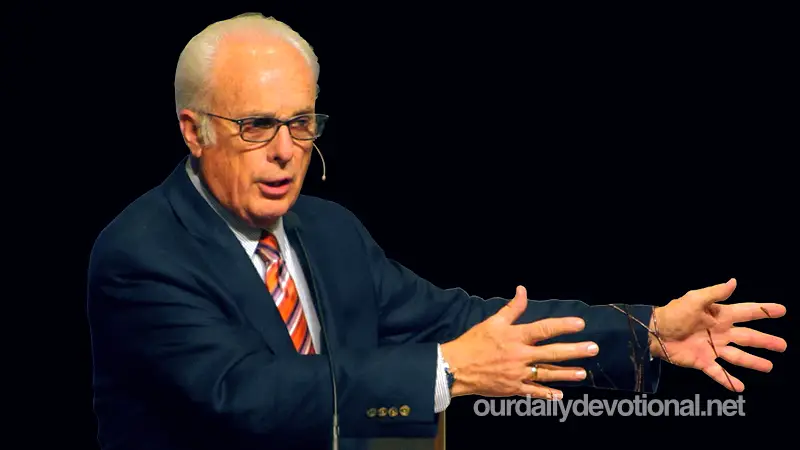(Gr. «'loannes», from the Heb. «Yõhãnãn»: «Jehovah has given favor»).
Immediate precursor of Jesus, sent to prepare the way for him. His father Zechariah and his mother Elizabeth, both descendants of Aaron, were deeply pious people (Luke 1:5).
Elizabeth was a cousin of the virgin Mary, who belonged to the tribe of Judah (Lk. 1:36). John's parents lived in a town in the hill country of Judah (Luke 1:39), perhaps Jutah, or in the priestly city of Hebron. Zechariah was fulfilling his priestly function by burning incense in the Temple of Jerusalem, when the angel Gabriel appeared to him.
He promised him a son, who should be called John, and who should be raised as a Nazarite, like Samson and Samuel. The angel also announced to him that the child would be filled with the Holy Spirit from his birth, and that he was called to prepare a well-disposed people for the Lord (Lk. 1: 8-17).
John was born in the year 2 BC. He spent his youth in the desert region not far from his homeland, west of the Dead Sea (Luke 1:80). In the year 29 AD. He began to preach in the desert, around the Jordan. John is believed to have ministered to him on a sabbatical year (Lk. 3:1, 2).
His mission was to reveal the Messiah in the person of Jesus (John 1:15). With intense fervor, he preached to the crowds who came to him from all sides. He urged them to repent immediately, because the kingdom of heaven was at hand. Many were baptized in the Jordan, after having confessed their sins.
For this reason, John received the epithet "the Baptist", which has since distinguished him from his namesakes. His water baptism symbolized the purification of sins; but the prophet did not believe that that was enough. He exhorted his listeners to believe in the One who should come after him (Acts 19:4).
He declared himself unworthy to untie the thong of his sandals, because the Christ would baptize his disciples with the Holy Spirit and with fire (Mt. 3: 5-12). Although John declared himself inferior to Jesus, our Lord wanted to be baptized by him.
Opposing this from the beginning, the Baptist demonstrated that he had recognized the Messiah in Jesus (Mt. 3: 13-17). He was not ignorant of what Zechariah and Elizabeth had told him about it. The accuracy of his accounts was fully confirmed when he saw the Holy Spirit descending upon Jesus as he was baptized.
This sign authorized him to proclaim that Jesus was the Christ (John 1:32, 33).
Malachi had prophesied that Elijah would come before the great day of Jehovah, and that a forerunner would prepare the way of the Lord (Mal. 4:5-6; 3:1).
The angel who spoke to Zechariah had announced that his son would go "before Him (the Lord) in the spirit and power of Elijah" (Lk. 1:17). Jesus himself declared that the ministry of John the Baptist was a first fulfillment of Malachi's prophecy (Mark 9:11-13). Furthermore, the Baptist clearly stated that he was not Elijah (John 1:21).
The latter will return, it seems, as one of the two witnesses of Rev. 11, immediately before the glorious coming of Christ (see ELIJAH). As for John the Baptist, in many points he had a great resemblance to Elijah: his rustic clothing, his behavior towards the great of this world, and above all his action before the people to bring them to God through repentance and true conversion.
Of Jesus he said: "He must increase, but I must decrease," and he confirmed, without any jealousy, the fulfillment of his prediction (John 3: 25-30). His ministry was very brief, but he enjoyed great popularity. Towards the end of the year 31 AD, faithful to his mission, he reproached Herod the tetrarch for the adultery in which he lived with the wife of his brother Philip; Herod had the prophet imprisoned (Luke 3:19, 20).
Distraught, eager to know what turn Jesus' work was going to take, perhaps feeling abandoned while others were being helped, John sent two of his disciples to inquire of Jesus if He was the promised Messiah. The Lord responded to them with an account of his works.
As the two disciples turned to John, Jesus delivered before the crowd a magnificent eulogy of John the Baptist (Matt. 11:2-15). Although he had not performed any miracles (John 10:41), he was the greatest of the prophets, in the sense that he had the privilege of preparing the people for the coming of the Christ and of revealing him as such.
Herodias, the adulterous princess, plotted the death of the prophet; She persuaded her daughter, whose dance had bewitched Herod, to ask the Tetrarch for the head of John the Baptist. She was granted this wish, and John's disciples took John's headless corpse away for burial.
Deprived of their teacher, they remembered the testimony that John had given of the Lamb of God, and followed Jesus (Mt. 14:3-12; Mark 6:16-29; Luke 3:19-20). Josephus attributes the death of the prophet to Herod's jealousy, because John had great influence over the people.
This historian adds that the annihilation of Herod's army in his war against Aretas was generally considered a judgment sent by God on the tetrarch because of the death of John. Josephus places the imprisonment and death of the Baptist in the fortress of Machaerus (Ant. 18:5, 2).
This place, called Machera in the time of Herod, is currently called Mekaur (Mukawer); It is located in the mountains, on the eastern coast of the Dead Sea, about 8 km north of the Arnon, on the summit of a cone-shaped height that dominates the Dead Sea at more than 11,000 m. Tall.
The vestiges of the old fortress are still clearly visible. In the center there is a deep well and two towers; possibly one of them was where John the Baptist was imprisoned.
Meaning of JOHN THE BAPTIST
(Gr. «'loannes», from the Heb. «Yõhãnãn»: «Jehovah has given favor»).
Immediate precursor of Jesus, sent to prepare the way for him. His father Zechariah and his mother Elizabeth, both descendants of Aaron, were deeply pious people (Luke 1:5).







